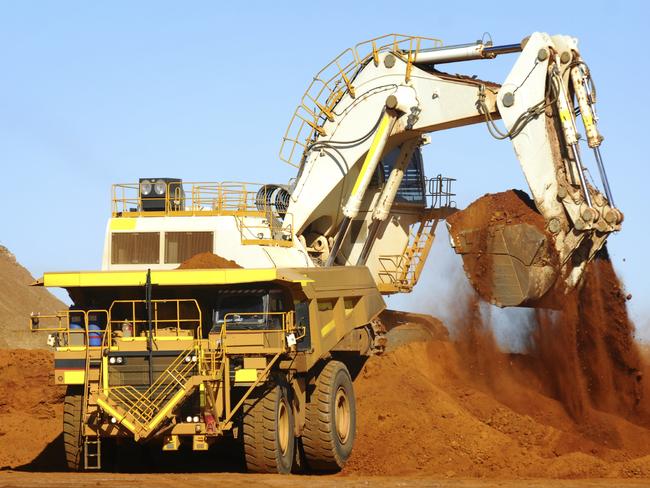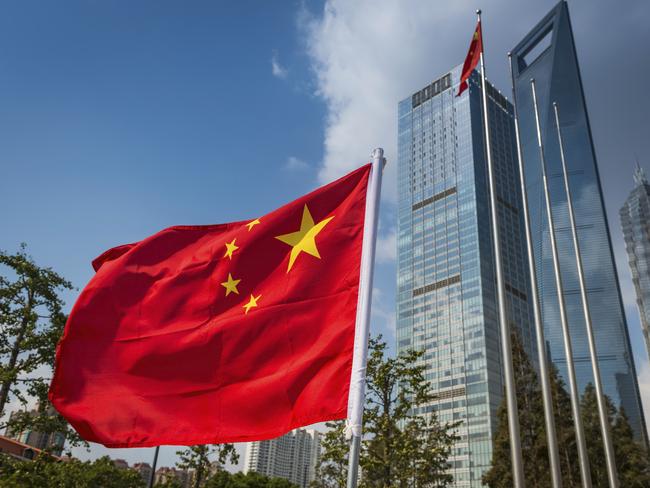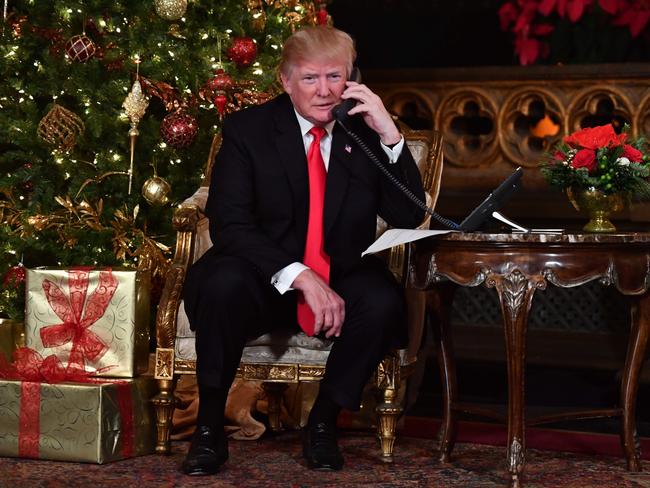Advance Australia: Our place in new world order
A NEW world order is coming, with China on top. Australia is doing well, but if we fail to heed these warnings it will all crash down.
AUSTRALIA is set to leapfrog economic rivals over the next decade under a new world order led by China.
The 2018 World Economic League Table, released today, projects that Australia will jump two spots to become the 11th largest economy on the globe by 2025.
The report, published by the London-based Centre for Economics and Business Research (CEBR), attributes much of the growth to high immigration levels boosting the population.
However, the report warns that Australia needs to reduce its reliance on natural resources and increase its spending on infrastructure in order to keep the economy healthy.
“[One] of this year’s themes is that countries depending on brainpower will generally overtake countries depending on natural resources,” the report states.
“Australia is one of the most popular countries in the world for inward migration as well as having natural resources.
“The growing population means that the economy is forecast to rise from 13th largest in 2017 to 11th largest economy in 2026.
“Investment in urban infrastructure will need to accelerate as population increases.”
Australia welcomed 245,400 immigrants in the year ending June 30, 2017, a 27 per cent increase from the year before.
While the report suggests the immigration rates are beneficial to the economy, entrepreneur Dick Smith has criticised the program, saying there aren’t enough jobs in Australia to justify the influx of people.
“It will destroy Australia as we know it today,” Mr Smith told news.com.au earlier this month.
“We’re going to end up like the US where you have something like 50 million people on the dole who will never have a job. It’s just complete madness.”
The CEBR report also suggests that resource-reliant economies, such as Australia, will take a hit over the next decade as energy become cheaper. Australia will need to diversify as energy costs fall in the early 2020s due to the growth in natural gas production and renewables.
The researchers also say that climate change will affect economies sooner rather than later, factoring in a predicted 12cm sea-level rise between now and 2032.
The report suggests that countries with major coastal populations, such as Australia, will need to budget for increased infrastructure spending to defend populations against climate-change-related flooding.

CHINA TO OVERTAKE THE US
One of the report’s key findings is that China will overtake the US as the world’s largest economy by 2030.
“This remains a remarkable achievement from an economy that was only 12 per cent the size of the US economy as recently as 2000,” the report states.
China’s growth will be consolidated by investment in major infrastructure projects, such as the Chinese Belt and Road Initiative, which will encourage trade by connecting the East and West.
China’s rise is good news for Australia because it is our largest trading partner.
This reflects a larger trend where Asian economies are growing faster than those in the West.
By 2032, three out of the world’s four largest economies will be Asian — China, India and Japan — while South Korea and Indonesia will enter the top 10 for the first time.
India will overtake Britain and France to become the world’s fifth largest economy next year and will become the world’s third largest by 2032.
“The interesting trend emerging is that by 2032 five of the 10 largest economies will be in Asia while European economies are falling down the ranking and the USA loses its top spot,” CEBR senior economist Oliver Kolodseike said.
“Technology and urbanisation will be important factors transforming the world economy over the next 15 years.”
Meanwhile, the developed world’s share of the global economy will shrink from 76 per cent in the year 2000 to 44 per cent by 2032.
“Political influence is bound to follow the changing economic share and the former developing economies are likely to get increased political leverage in world bodies and bilateral relations,” the report states.

TRUMP, BREXIT WON’T BE SO BAD FOR WORLD ECONOMY
Researchers had a gloomy outlook for world trade in 2017 after Britain voted to pull out of the European Union and Donald Trump was swept to power with a protectionist mandate.
But their fears have not been realised.
According to Netherlands Central Planning Bureau data, world trade grew by 5 per cent in 2017, which is about equal to the growth in the past three years combined.
The report found that the US President’s “America first” policies would not impede growth too drastically and that his tax reforms would boost the US economy.
It also found that Brexit would have less of an impact on the UK economy than initially feared, thanks to robust tech and creative sectors. The UK is projected to bounce back and overtake France in 2020.
“The failure of Donald Trump to follow through on much of his protectionist agenda and the willingness of the UK to do a trade deal with the EU mean that the death of world trade through protectionism is greatly exaggerated,” the report states.
The researchers project that 3D printing will lead to less trade across borders, and that information technology services will fill the gap.

FORMER TITANS TO FALL
Many former world powers will continue a slow decline over the next 15 years.
Russia will drop in the world ranking from 11th in 2017 to 17th in 2032, due a weak oil price, a lack of investment and a failure to diversify.
South Korea, which currently has a smaller economy than Russia’s, is set to have an economy about twice its size by 2032.
Other nations are set to eclipse the countries that once colonised them, with Mexico to overtake Spain by 2025 and India to overtake the UK in 2018.
Brazil will leapfrog France and the UK and become the 6th largest economy by 2028, and Italy will drop out of the top 10 by 2023 and fall to 13th in 2029.
The growth in India will have a “halo effect” on neighbouring countries, with Pakistan predicted to rise from 41st position in 2017 to 25th in 2031. Bangladesh will jump from 43rd to 31st in 2032.



